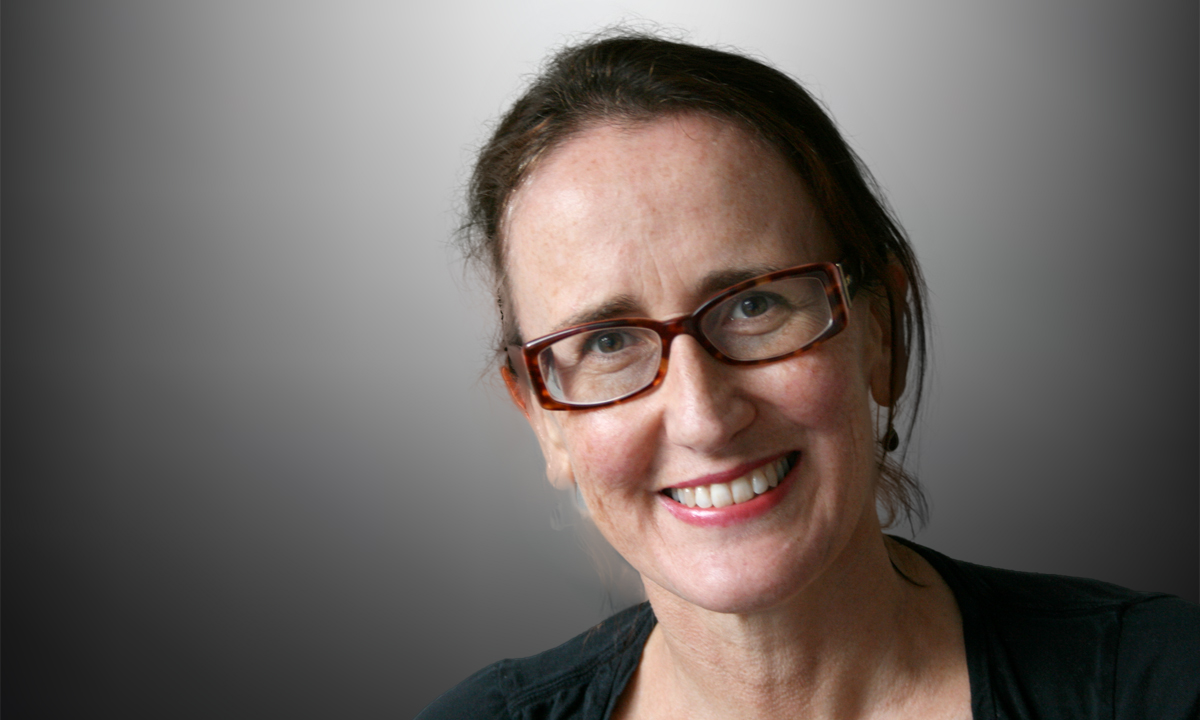VIRTUE is not a word you hear used all that often in the cut-throat world of business, but it’s one that a group of Australian medical ethicists would like to see applied to the burgeoning in vitro fertilisation (IVF) industry.
Some players in that industry have been under fire in recent times, accused of misleading advertising, raising unreasonable expectations in clients, non-evidence-based practice, and recommendation of more profitable treatments over cheaper ones, even when these may not hold out the greatest prospect of success.
Former medical director of Monash IVF, Professor Gab Kovacs, earlier this year told Four Corners that some of the treatments being offered to desperate would-be parents were nothing more than “snake oil”.
The most recent Australian figures showed that more than 33 000 Australian women had a fertility treatment cycle in 2013, the program reported.
That included more than 900 women aged 45 years and older undergoing treatment using their own unfrozen eggs, despite the procedure having a success rate of only about 1% in that age group.
Whether those women were properly informed about their chances of giving birth to an actual baby is an open question.
Concerns about misleading advertising in the industry have prompted the Australian Competition and Consumer Commission (ACCC) to review claims made about success rates, particularly when comparisons are made with other providers.
Some businesses have changed their advertising as a result of the review, the ACCC confirmed last week, while saying that there was still more to be done. The organisation is in the process of determining whether enforcement action is warranted.
So where does the virtue – or perhaps the lack of it – come in?
Writing in Theoretical Medicine and Bioethics, those Australian ethicists describe professional virtue as “fragile and vulnerable to environmental shifts”.
“While physicians are often considered to be among the most virtuous of professional groups, concern has also always existed about the impact of commercial arrangements on physicians’ willingness and capacity to enact their professional virtues,” they wrote.
Using the Australian fertility industry as a case study, they explored the conflicts that may arise between medical ethics and commercial imperatives, particularly for practitioners employed by publicly listed companies.
Two of the major Australian players, Virtus Health and Monash IVF, listed on the stock exchange in 2014, making them answerable to shareholders when it comes to maintaining their excellent records of profitability. (Monash IVF reported close to $29 million in net profit after tax the 2015–16 financial year, a 35% increase on the previous year; Virtus Health made a $35 million profit, up by 15%.)
The big question is what compromises, if any, have to be made in order to achieve results like that.
Monash IVF’s code of conduct for doctors and other staff requires that they recognise that their “primary responsibility is to the Company and its shareholders as a whole”.
Putting a document containing that statement on the company website could, I suppose, be regarded as refreshingly frank.
Fertility treatment is an expensive, often traumatic, experience for many patients – and one that frequently does not result in a baby.
It also places a huge burden on the health system, costing Medicare more than $250 million in 2015, according to the Four Corners report.
The least we can require of those providing fertility services is that patient interests be put ahead of those of shareholders, something of a challenge in an increasingly commercialised environment.
The Australian medical ethicists take it further, suggesting in their article that the protection of medical virtue may require an overhaul of societal values more broadly.
“Entrepreneurial innovation and economic growth have become dominant societal values and permeate medicine as much as they permeate other professions and social spheres,” they wrote.
Now there’s a challenge.
Jane McCredie is a Sydney-based science and health writer.
Latest news from doctorportal:
- Quitting alcohol a social challenge: study
- Dementia deaths on the rise in Australia
- Bowel cancer patients miss symptoms
- Baby with DNA from three people ‘exciting’

 more_vert
more_vert
I find it a little concerning that a company’s code of conduct for medical staff requires that “primary responsibility is to the Company and its shareholders as a whole”.
Shouldn’t the patient be the primary responsibility, or have I got that wrong all these years of medical practice?
Hi Dr Watkins
IVF and the OCP were both invented at the Worcester Foundation. Not the NHS.
I could go back to the public system and spend 3/4 of my time in meetings or paid leave.
This is the way that we are being pushed by the increasing privatisation of medicine, in which the drivers are exactly the same in many areas, but less baldly stated
If we are to allow medicine to be treated as a business we will inevitably have much more expensive medicine, vast over-servicinga and a diversion of funds from the worthwhile, effective and evidence based areas such as prevention and primary care, into expensive ,discretionary care with a poor evidence base.
The money thus squandered could have been used for useful stuff
USA here we come